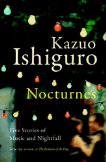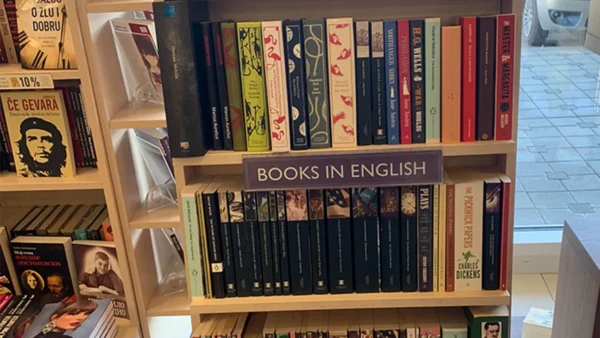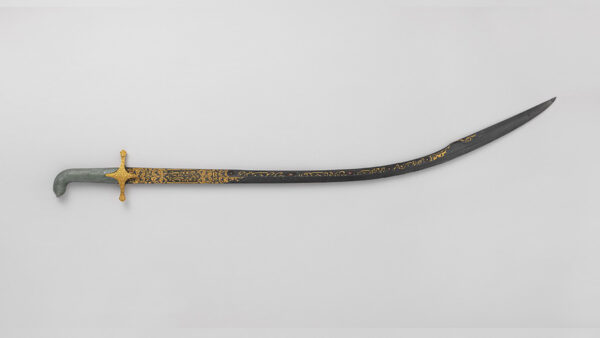 First of all, let me say that I’m a bit of an Ishiguro fan. I’ve read all but one of his novels, and love his understated writing style and knack of dealing with big themes while appearing to do no more than tell a story. So I was excited when I heard he had a new book out, and anticipated it more than any other for quite a while.
First of all, let me say that I’m a bit of an Ishiguro fan. I’ve read all but one of his novels, and love his understated writing style and knack of dealing with big themes while appearing to do no more than tell a story. So I was excited when I heard he had a new book out, and anticipated it more than any other for quite a while.
So if my review contains a note of disappointment, it could be because my expectations were so high to begin with. After all, I did enjoy these stories. They were as well-written as everything else Ishiguro produces, and they dealt with themes of disappointment, desperation, lost love and the yearning for fame in a convincing and thought-provoking way.
Yet I was left with a feeling of slight disappointment. I enjoyed reading the book, certainly, but towards the end I had a slight feeling of “Is this it, then?”
It might be a simple question of size – five short stories is not very much for a £15 book, and it only runs to 220 pages thanks to wide margins and generous spacing. A long way from my last Ishiguro read, the mammoth Unconsoled.
But I think it’s also more than that. I think that, for me at least, Ishiguro’s style lends itself better to novels than to short stories. One of the things I love about his novels is the way they develop slowly, as the narrator digresses and gives you a lot of small details while withholding important information. In these stories, Ishiguro uses the same technique, but in a short story there’s not as much time for plot and character development. So I think this accounts for the feeling I had. Things moved slowly, at novel pace, for most of the story, and then suddenly at the end there was an abrupt resolution, usually through a character giving the explanation.
Having said that, I liked the way that the stories all deal with music and nightfall in different ways. Several of them are about either wannabe musicians or older, washed-up musicians, and the yearning for fame and success. The final one, Cellists, was about the difficulty of using a musical gift – the different ways in which the gift can be wasted, either by playing in a dead-end hotel job instead of a top orchestra, or by not playing at all. I’m trying not to say too much because the plot in each story is so slight that just a quick summary can give away a crucial twist. I think that reading reviews beforehand spoiled the book a little for me, as a couple of the stories depend on late plot twists that were not surprises for me. Normally ‘spoilers’ don’t really bother me, but in this case they did.
So, no more about the plot. I guess that, despite my slight disappointment, I would still recommend reading this book. I’ve spent a lot of time talking about the negatives, so let me finish by returning to what I liked – the beautiful writing, solid story-telling and the poignancy of a lot of the situations the characters were in. There was also some unexpected slapstick humour in places, which worked surprisingly well.


